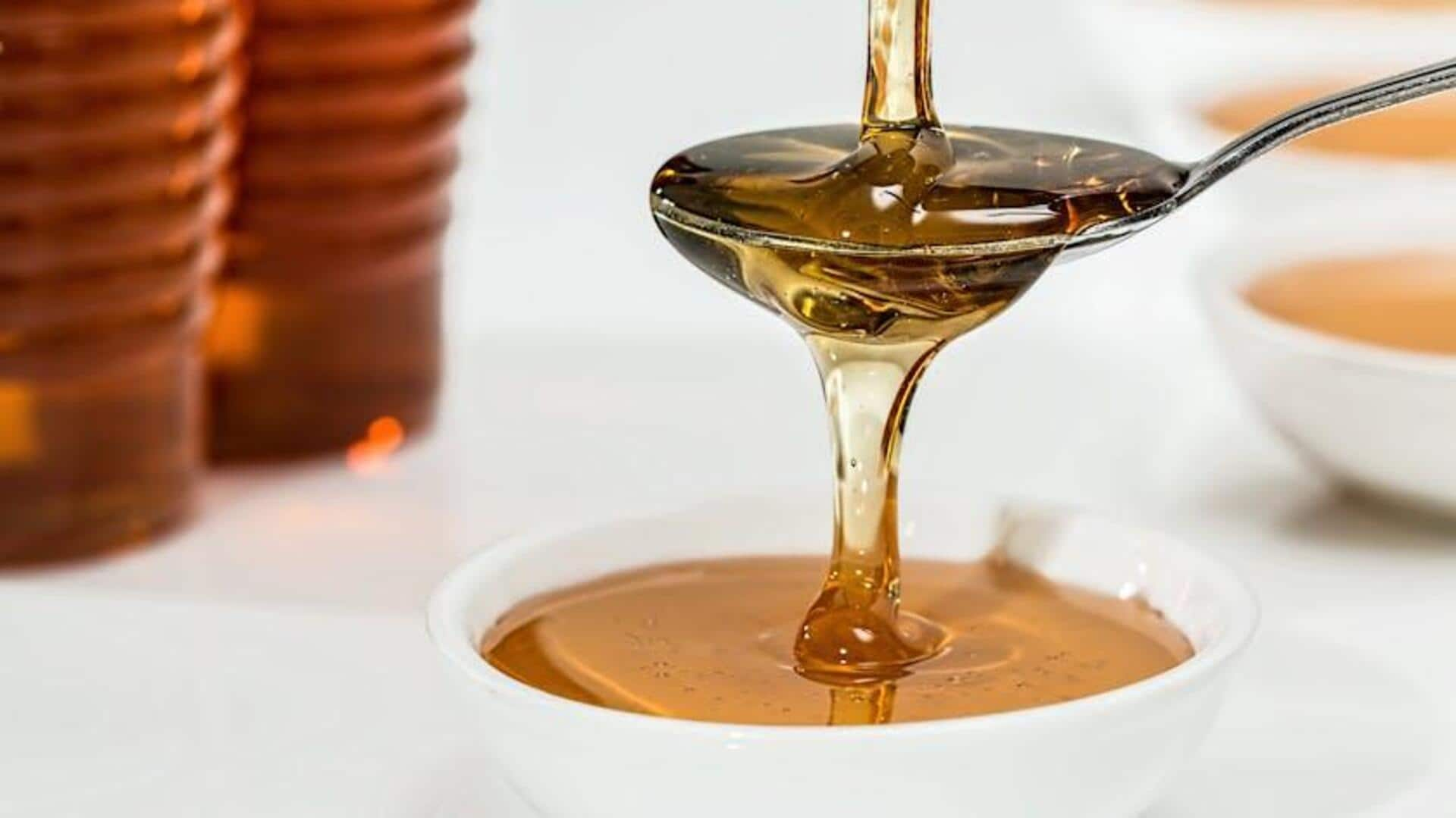
Can honey heal wounds? Let's find out
What's the story
Honey has long been touted as a cure-all, often praised for its healing properties. However, not all claims about honey's effectiveness in first-aid situations hold up under scrutiny. While honey does have some beneficial properties, it's important to separate fact from fiction. This article aims to debunk common myths surrounding honey as a natural first-aid cure and provide clarity on what it can and cannot do.
Antibacterial myth
Honey as an antibacterial agent
One of the most widely held misconceptions is that honey is a potent antibacterial. While honey does contain hydrogen peroxide, which has antibacterial properties, its efficacy varies widely depending on the honey type and the bacteria. Not all honeys are equal; some may not be strong enough to fight off certain bacterial infections.
Wound healing myth
Healing wounds with honey
Another common myth is that applying honey directly to wounds can speed up healing. While some studies indicate that certain types of medical-grade honey might help with wound healing by keeping the area moist and preventing infection, regular store-bought honey doesn't have those specific properties. It shouldn't be substituted for conventional wound care methods prescribed by healthcare professionals.
Burns relief myth
Honey for burns relief
Many swear by the application of honey for burns as an instant fix, and a faster recovery. There is scientifically supported evidence for the use of medical-grade manuka honey for minor burns (anti-inflammatory properties), but kitchen-grade honey may not give you the same results, and can even introduce contaminants in open wounds.
Allergy myth
Allergy relief through honey consumption
A common misconception is that eating local raw honey helps ease seasonal allergies by developing immunity against local pollen. However, scientific evidence supporting this claim is limited at best. Most pollen that causes allergies comes from trees or grass rather than flowers that bees visit, so eating local raw honeys may not make much of a difference in allergy symptoms.